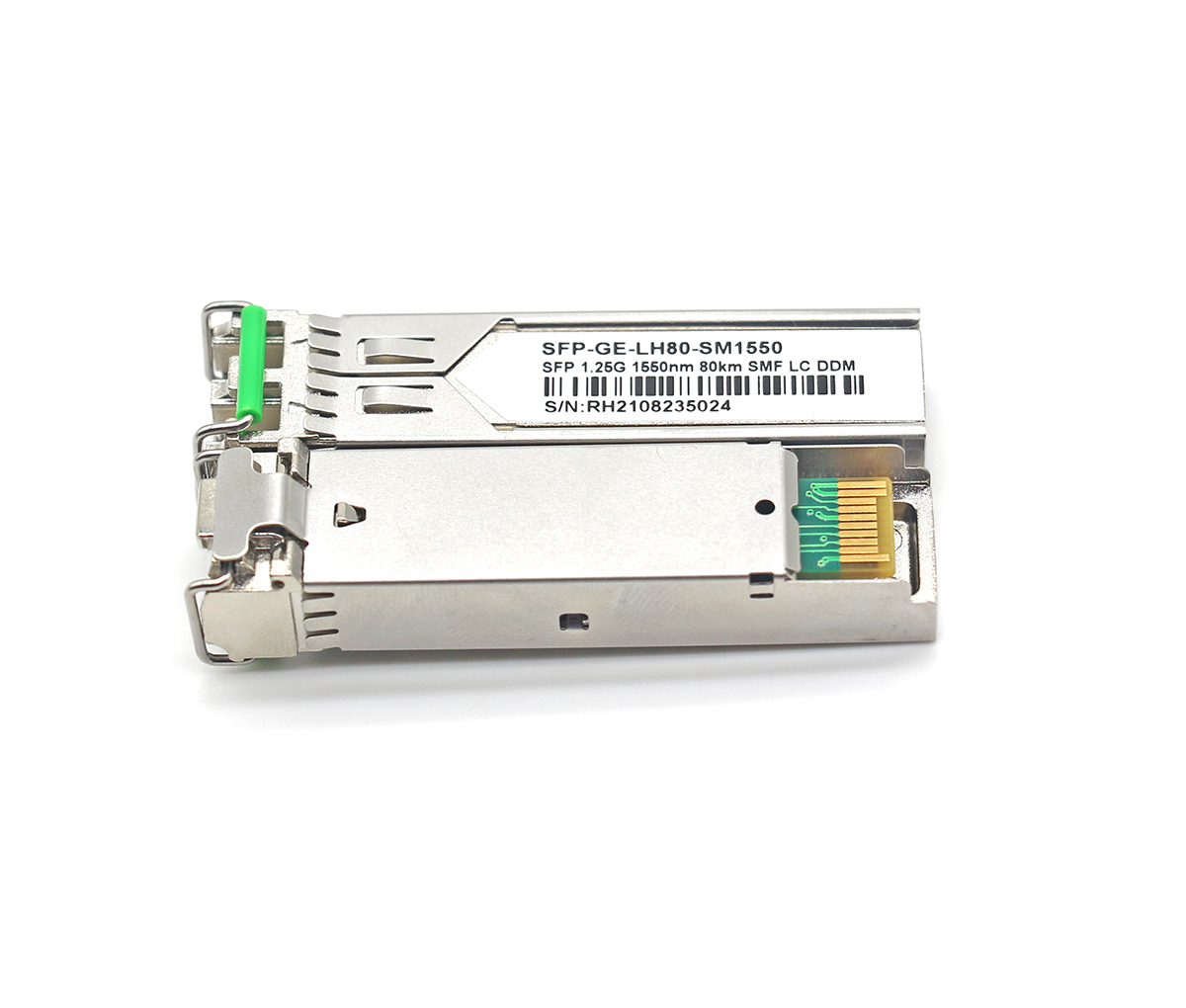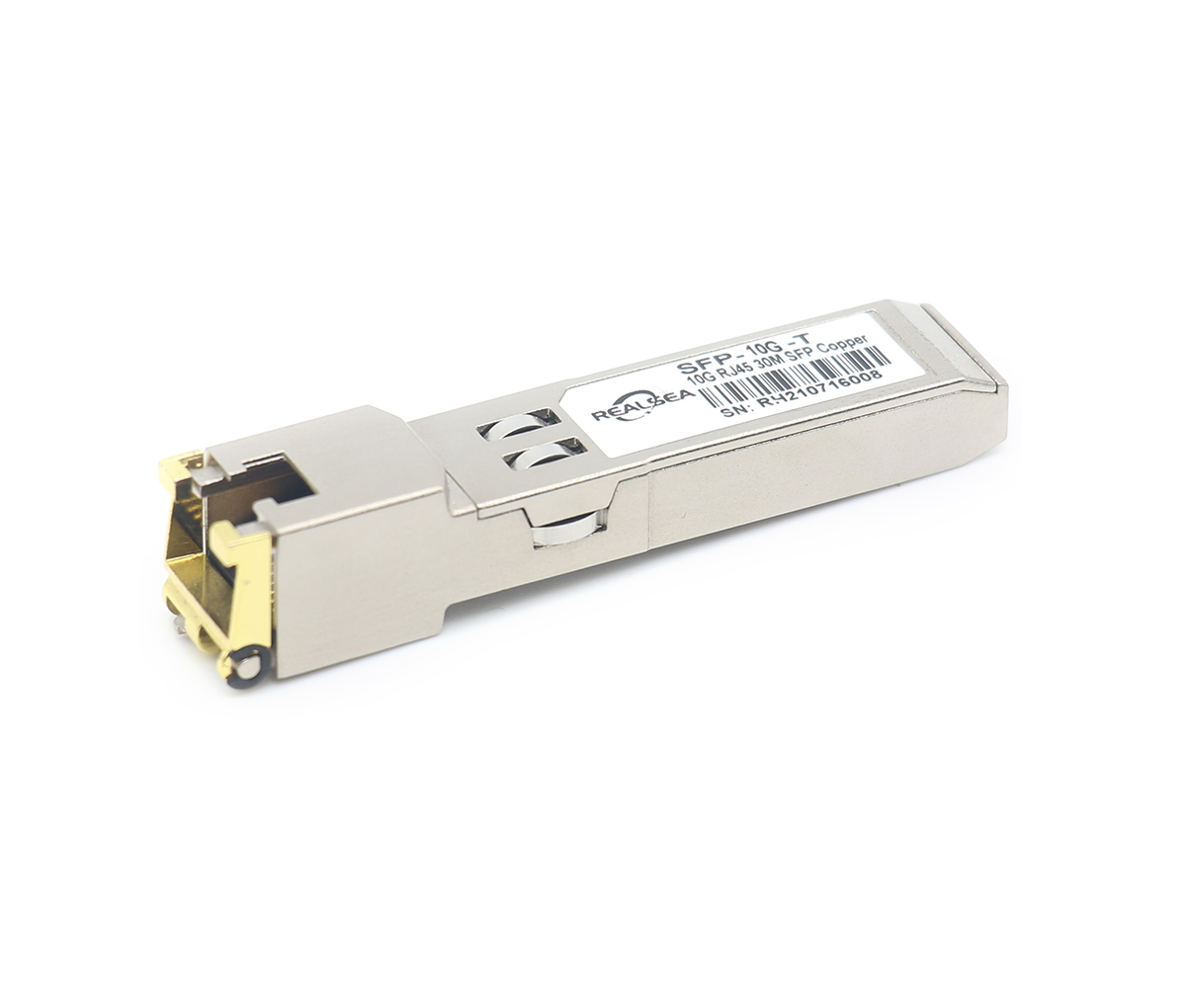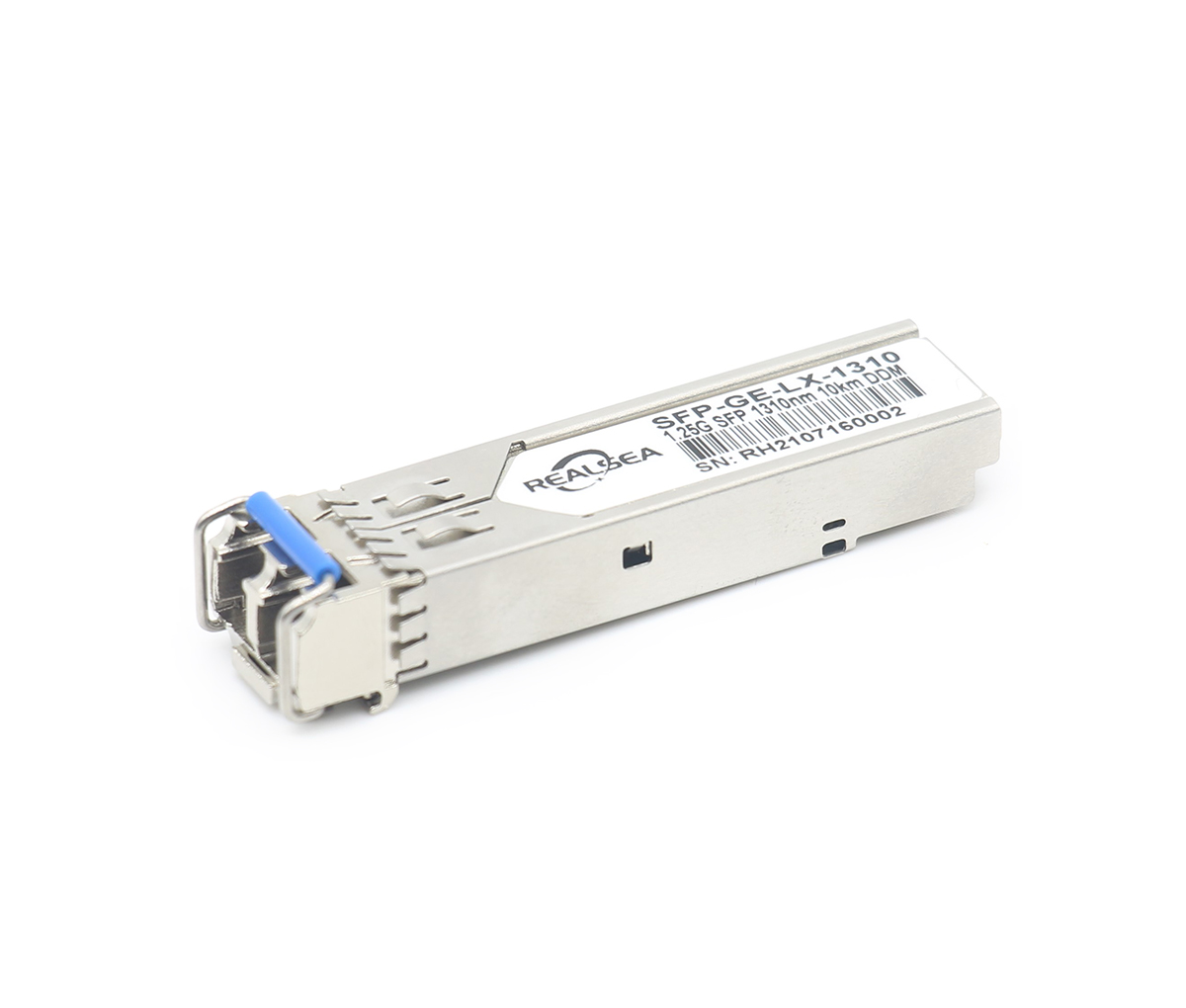Release Date: Mar 26,2022

Active optical cable AOC uses a length of optical fiber to connect two high-density connectors. The following figure shows the structural details of active optical cable AOC. The active optical cable AOC needs to rely on an external power supply for signal transmission. The transmission method is electrical-optical-electrical conversion, that is to say, it converts the electrical signal into an optical signal in the A-end connector, and the optical signal is then transmitted through the middle optical fiber line. to the B-end connector, and then convert the optical signal into an electrical signal in the B-end connector.
The development history of active optical cable
Active optical cable assemblies have been developed primarily to replace copper wire technology in data center and high-performance computing applications. As we all know, copper wires are not only heavy, but also bulky, which makes data centers difficult to manage; in addition, electromagnetic interference from electrical signals can also affect the performance and stability of copper wires. Despite its many flaws, copper wire has dominated the market before, and active optical cable seems too ideal to be a reality. However, the predecessors who developed active optical cables were still driven by the advantages of active optical cables, and they worked tirelessly to research, and finally broke the limitations of copper wires and played an important role in the development of high-speed data transmission. Now, the market is full of various active optical cables, including 10G SFP+ active optical cables, QSFP+ active optical cables, active optical cables used in 10G, 40G and 100G and even 400G networks, etc.
Passive/Active, Copper/Fiber Comparison
In passive wiring, the connection method of the ends of each optical cable is direct electrical connection, and active optical cables also have this function. Some defects of fiber optic cables. Passive optical cables usually use copper wires, while active optical cables can use both copper wires and optical fibers. The diagram below reflects the primary passive and active optical cables used in data centers.

Rate classification According to the speed, there are 155M/622M/1.25G/2.125G/4.25G/8G/10G, 155M and 1.25G are more used in the market, 10G technology is gr...
Most optical SFP transceivers support SFF-8472 (industry standard multilateral protocol). According to the SFF-8472 protocol, the Digital Diagnostic Monitor...

Due to the high bandwidth and low attenuation brought by optical fiber, the speed of the network is taking a huge leap. Fiber optic transceiver technology i...